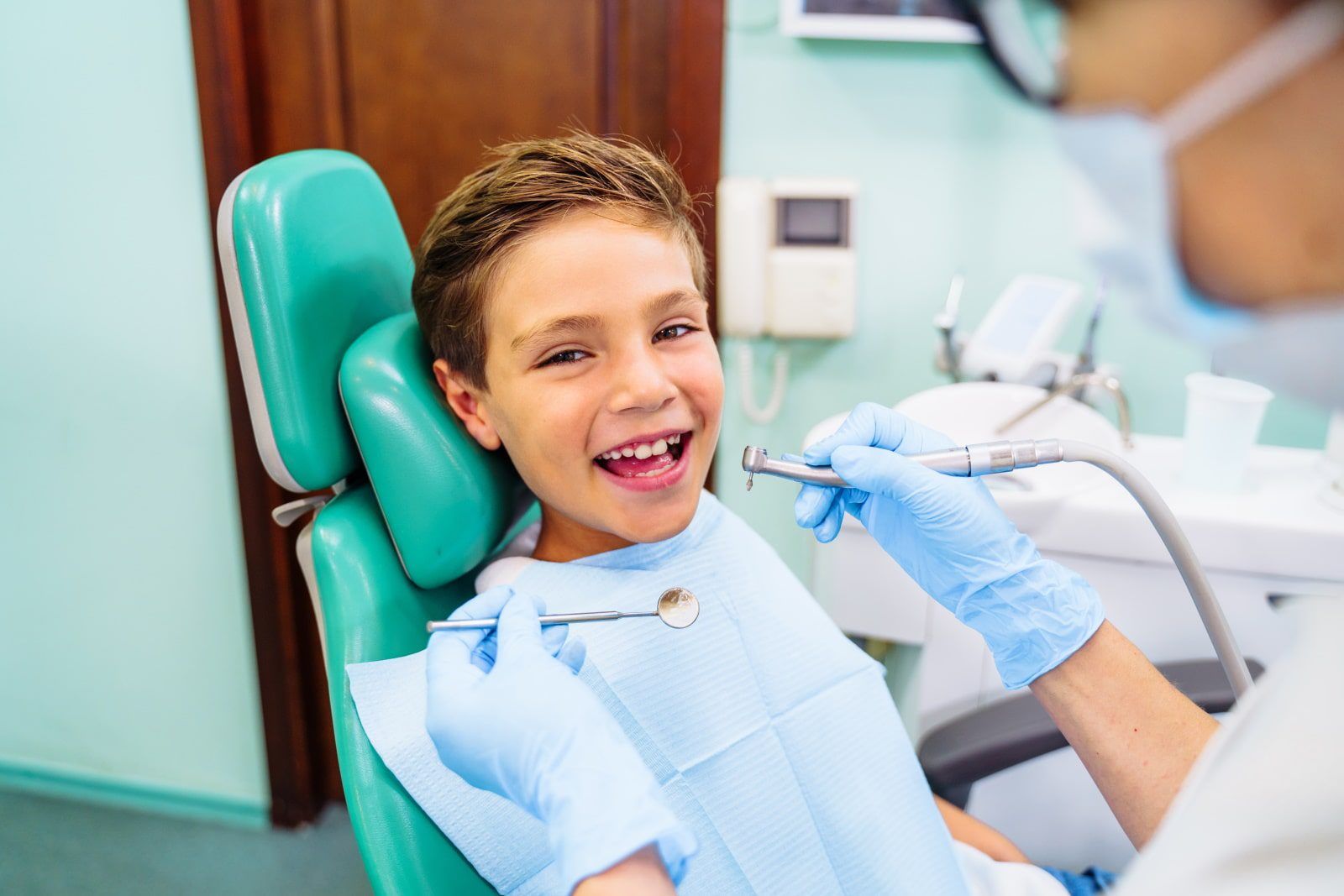Our Strategies For Treating Pediatric Orthodontic Pain

When children’s teeth are guided to the correct position, one of many parents’ biggest concerns is if their braces will hurt. From our expertise, your child’s braces will most likely make their teeth sore and uncomfortable, and the amount of pain they experience will depend on their stress levels, age, emotional state, and gender. For children getting braces, managing orthodontic pain can be stressful, but through the help of pediatric dentists, we can help you manage your child’s dental pain through several methods.
Why Do My Child’s Teeth Hurt With Braces?
When your children have braces, the braces work to tighten the teeth and gums to move them into the right position gradually. Braces come with an inherent level of discomfort depending on your child’s age. One of the biggest reasons that braces tend to hurt is the accumulated blood flow within the gums. Changes in blood flow occur as an inflammatory response to the pressure sustained by the braces, and it’s because of this that, in some cases, their pain levels will be higher than others.
Mild discomfort is considered a normal response, especially if they are new to wearing braces. Your child will experience difficulties easting, slight irritation along the gums and other soft tissues of the mouth, and it will take some time for their mouths to adjust to the pressure of the metal wires and brackets. For some, even jaw pain and headaches may be possible, especially if they need a jaw realignment. Your child’s orthodontists will best determine what your child may experience when it comes to wearing braces. Still, through the cooperation of your dental team, your pediatric dentists can help alleviate your child’s pain and provide useful care plans that can help them transition through their stages of treatment.
How We Take Action To Help Your Child’s Treatment
Early orthodontic treatment is especially useful for children with overcrowded teeth, underbites, excessive space between the teeth, and other problems that contribute to jaw pain and eating difficulty. Braces are an effective way to help prevent the onset of these problems impacting your child’s dental health in the future. Still, the moments throughout their orthodontic treatment can be extremely difficult for parents and children. Pediatric dentists can help with this process by offering:
- Nutritional Advice: Encouraging your child to eat soft foods can help provide less pressure on their teeth. With the help of your pediatric dentist, they can provide nutritional guidance on what they can eat to gain the most vitamins and minerals from their diet.
- Orthodontic Wax: In cases where the pain is located in a certain area, orthodontic wax can help alleviate that pressure and protect the soft tissues and gums from pain.
- Over-the-Counter Medications: Over-the-counter medications, such as Ibuprofen and Tylenol, can help provide anti-inflammatory effects to alleviate pain throughout the gums and jawline.
- Emergency Care Plans: In cases where the pain gets significantly worse rather than better, your pediatric dentists can provide you with an emergency care plan to help address issues of malfunctioning braces, sores, and bleeding.
If your child has braces and you want better ways to alleviate their pain, scheduling an appointment with your pediatric dentist for an appointment can provide you with the resources you need to gain excellent quality dental care for your children.

